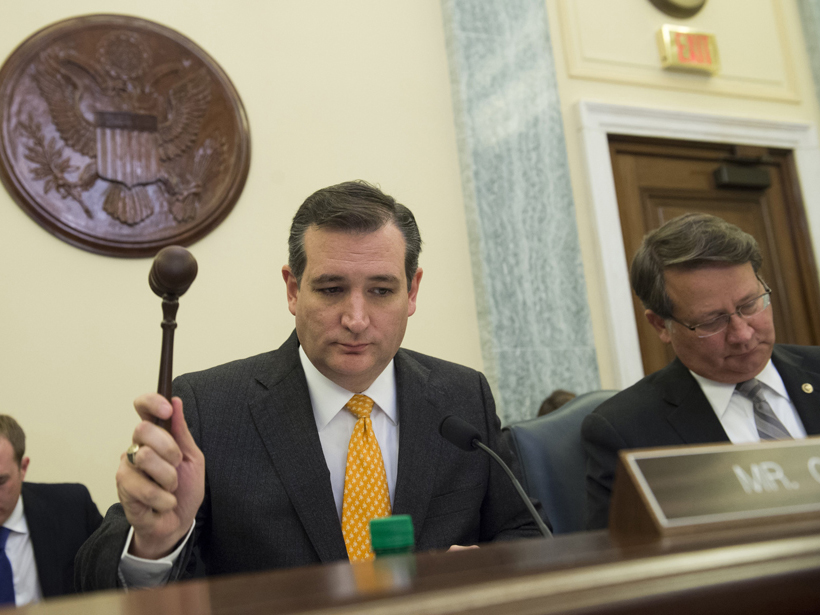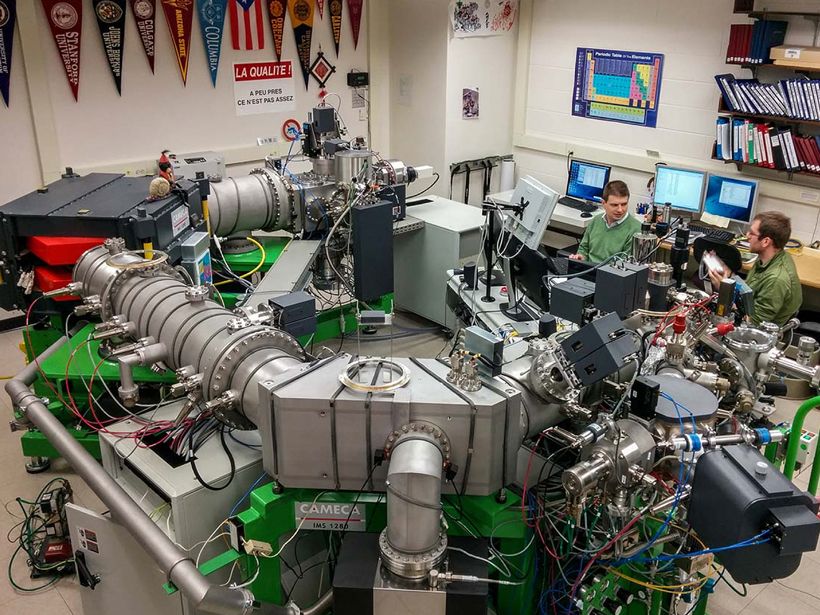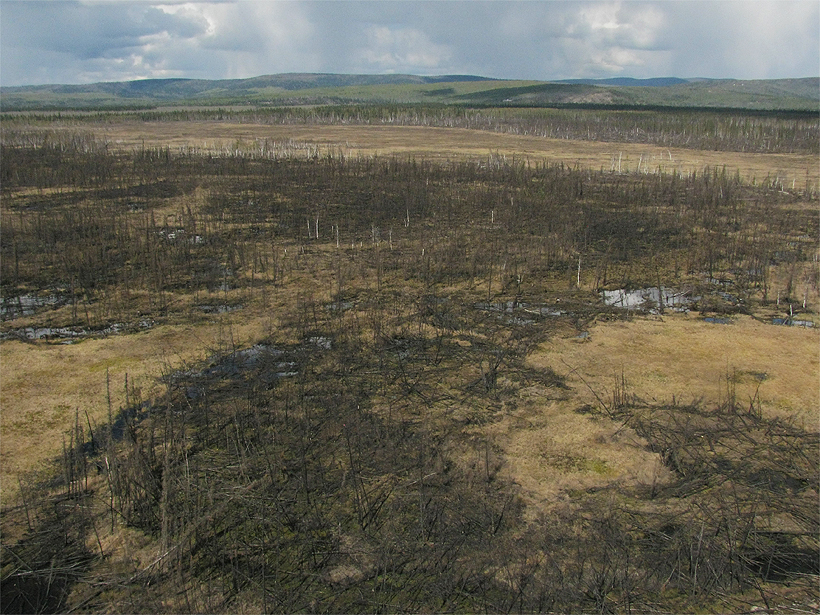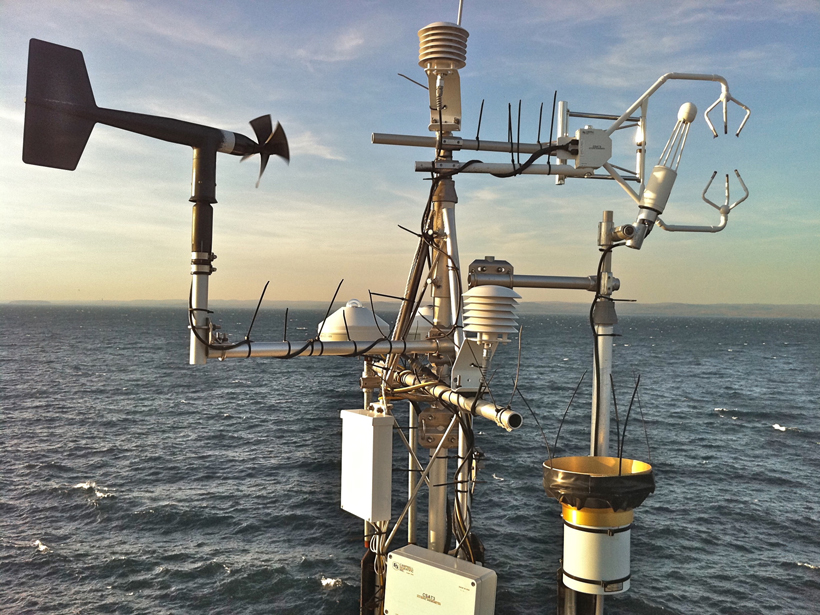Republican-invited witnesses reject consensus view of climate change, charge bias in federal funding. Democratic senators decry attempt to stir controversy about well-established climate findings.
Climate Change
AGU Editor Suggestions for Navigating the Fall Meeting, Part II
AGU's journal editors provide suggestions and recommendations of sessions and talks of particular interest.
Ships Bring More Than Cargo to Arctic Waters
A probe of ballast water in ships at an Arctic port finds hitchhiking organisms that polar warming could allow to invade the region's ecosystems in less than 40 years.
High-Resolution Tools Advance Study of Paleoclimate Archives
HiRes2015: High Resolution Proxies of Paleoclimate; Madison, Wisconsin, 31 May to 3 June 2015
AGU Editor Suggestions for Navigating the Fall Meeting, Part I
AGU's journal editors provide suggestions and recommendations of sessions and talks of particular interest.
Paris Climate Talks Could Spur Energy Sector Action
A robust climate pact from the United Nations meeting in Paris could urge nations and energy investors toward lower-emissions energy generation, the head of a global energy agency suggests.
Alaskan Wildfires Influence Permafrost Recovery
Warming climate reduces permafrost's ability to recover following wildfires in Alaskan lowland forest.
Marine Applications for a Promising New Spectroscopic Method
International Workshop: Applications and Perspectives of Cavity Enhanced Optical Detection Techniques in Ocean Sciences; Kiel, Germany, 20–21 April 2015
U.S. Climate Change Negotiator Says Time Is Right for a Deal
With the United Nations climate change conference imminent, the U.S. special envoy for climate change optimistically outlined what sort of agreement could drive the transition to a low-carbon world.
Managing the Carbon Cycle Requires Strong Science
For future climate change mitigation strategies to be effective, carbon cycle science must receive a major boost.










